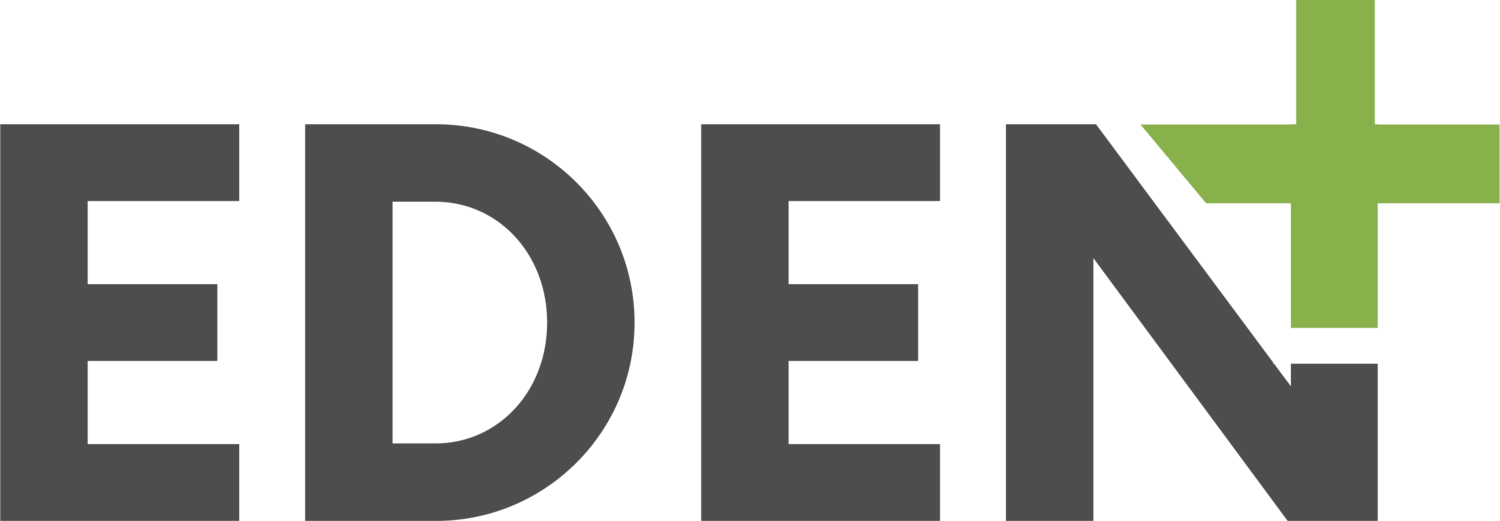For many, donor databases are a necessary evil of fundraising. Bring up the topic and you will likely hear various groans and four-letter words. And while many are not necessarily fans of their database, they are a necessary tool for any serious fundraising operation. So if you are just getting started, or considering switching databases, here are a few factors to keep in mind.
1. Data Security: While no database is 100% secure, the database you use needs to have protection for your donor data. Security features to look for include strong encryption methods, access controls, user permissions, and firewalls to protect against security breaches and data theft.
2. Customizability: Fundraising databases must be flexible and customizable to fit an organization's specific needs. The database must allow the addition or removal of fields, reporting options, and data input types to meet the needs of expanding fundraising efforts. For example, a theatre may want to track ticket buyers, or a hospital may want to note who has been a patient.
3. User-Friendliness: This is a BIG one! Even a database with the best information is useless if you are not able to access what you need. The database must be user-friendly enough to allow managers and analysts to easily access and manipulate data. Non-technical users must be able to access and use the data insights to improve fundraising strategies.
4. Cost: The cost of the database should align with the organization's available budget, number of donor records, and money raised. Most companies offer pricing based on your organization’s size.
5. Integration: Does the database easily integrate with other essential fundraising software, such as email marketing platforms and accounting software? Is that a need?
6. Data Import and Export Options: A database that can easily export and import data in a variety of formats will simplify the process of importing and exporting data from other software applications. Will data from your current database be able to transfer to the new database?
7. Reporting and Analytics Capabilities: This depends on the needs of your organization, but many databases will offer standard and customizable dashboards and analytics that include information on donor affinity or wealth.
8. Donor Engagement Features: For managing donor communications, many databases can send and track personalized messages to donors at scale through email, text, or even social media integrated within the software.
9. Support and Maintenance: The database provider should offer quality support and maintenance, update the software regularly, and troubleshoot issues quickly. Having a 24/7 technical support system can be essential in case of any data failures or issues that arise at any time.
The needs of every organization are different, but the factors listed above should be considered when evaluating a database. And if you are the unicorn who has found the perfect database, drop us a note so we can spread the word!


